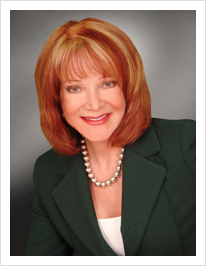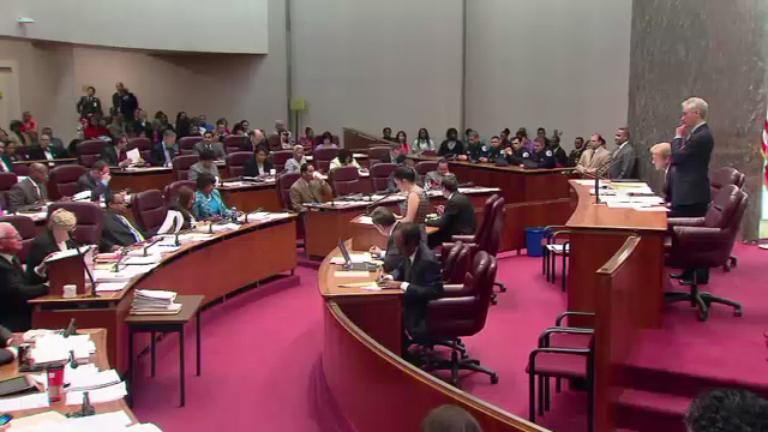After a sixth straight year of gains for the stock market, it’s tempting to believe that this upward trajectory can continue indefinitely.
But with a market that has run up some 50 percent in the past two years, our two guests tonight say that a reversal is in the cards.
 “Everyone should expect a correction,” said Nancy Coutu, co-founder of Money Managers Financial Group, which specializes in providing financial advice to retirees and those close to retirement. “The problem is people have amnesia and forget that markets are always correct. When you know that stocks are at their highest point in history, it is probably time to take money off the table.”
“Everyone should expect a correction,” said Nancy Coutu, co-founder of Money Managers Financial Group, which specializes in providing financial advice to retirees and those close to retirement. “The problem is people have amnesia and forget that markets are always correct. When you know that stocks are at their highest point in history, it is probably time to take money off the table.”
Nevertheless, Coutu still believes that overall 2015 will still be a good year for U.S. stocks because investors have no better place to put their money right now because Europe’s economies remain weak and Asian growth has slowed.
But she cautions: “One little bad piece of news could take down this market.”
Jeff Korzenik, Chief Investment Strategist at Fifth Third Bank, agrees that U.S. stocks remain attractive to investors, not because of the market’s inherent strength, but because everywhere else looks weaker.
He notes that, historically, bull markets don’t end until the period of economic expansion that is underpinning the market either ends or at least is in sight.
Korzenik believes this bull market still has another one or two years to run but that investors should be prepared for a correction at some point this year.
He says stocks “may be on the rich side, but not excessively so” and that his main fear is that geopolitics could cause the market to stumble.
 In particular, Korzenik notes that sustained cheap oil prices – while good for the U.S. consumer – could trigger a default in oil-dependent Venezuela and deepen recession in Russia. His number one concern is Russia, and how a deteriorating economic picture will impact the behavior of President Vladimir Putin.
In particular, Korzenik notes that sustained cheap oil prices – while good for the U.S. consumer – could trigger a default in oil-dependent Venezuela and deepen recession in Russia. His number one concern is Russia, and how a deteriorating economic picture will impact the behavior of President Vladimir Putin.
One impact of cheap oil is that it undercuts the competitiveness of North American producers.
But in the longer term, Korzenik expects North American energy production to continue to grow.
“I think fracking is here to stay,” said Korzenik. “I do think the low oil price has meant that the appetite for exploration has gone way down.”
The current market consensus is that the Federal Reserve is likely to begin raising benchmark interest rates around the middle of the year, making bonds relatively less attractive.
“We’ve been backing away from bonds for a while,” said Coutu. “We expected interest rates to rise last year and we are still expecting them to rise. I would advise investors to stay well away from any bond funds right now.”
For the stock market, the prospect of rising interest rates is now largely factored in.
“I think the market has had enough time to digest it,” said Korzenik. “The real question is how quickly they will raise rates.”
Korzenik says that Federal Reserve chair Janet Yellen is focused on seeing wage growth, something that has been noticeably missing from the recovery so far for many Americans.
That is something that Coutu would also like to see and that would bolster America’s middle class and its purchasing power.
“I think it’s pretty clear that the pendulum has to swing back,” said Coutu.








